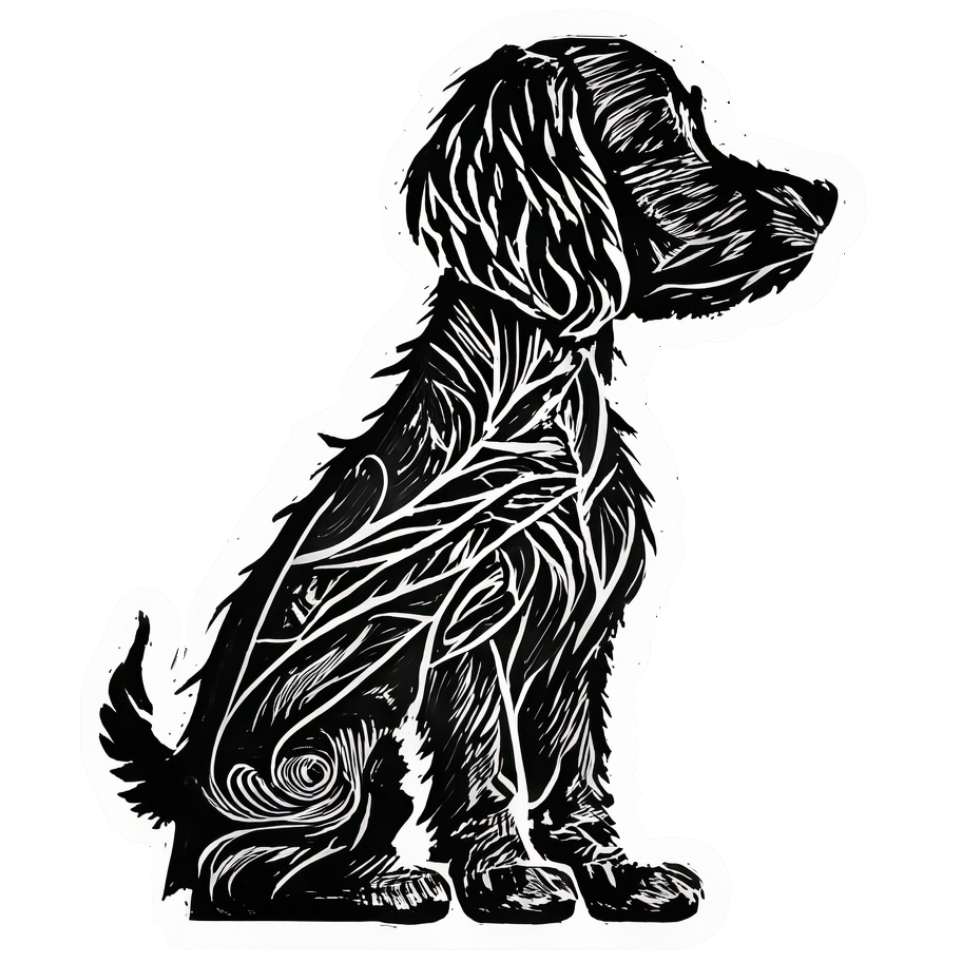Unraveling the DNA Tapestry of Man’s Best Friend

The genetic variations in dogs are as diverse and multifaceted as the breeds themselves. From the tiny Chihuahua to the majestic Great Dane, the underlying genetics play a crucial role in shaping not only their appearance but also their behavior, health, and longevity. This article offers an in-depth look at the genetic variations in dogs, unraveling the mysteries of canine DNA.
Breed Diversity and Genetic Makeup
- Breed Specificity: Each dog breed has a unique genetic signature that dictates specific traits such as size, coat color, and temperament.
- Mixed Breeds: Mixed-breed dogs often exhibit a mosaic of genetic traits from different breeds, leading to unique combinations of characteristics.
Genetic Health Considerations
- Inherited Diseases: Certain breeds are predisposed to specific genetic health issues. For example, Dachshunds are prone to spinal problems, while Golden Retrievers may be at risk for hip dysplasia.
- Genetic Testing: Modern genetic testing can identify potential health risks, allowing for early intervention and personalized care.
Coat Color and Patterns
- Genes and Coat Color: The color and pattern of a dog’s coat are determined by various genes. Simple dominant and recessive inheritance patterns often govern these traits.
- Rare Colors: Some breeds exhibit rare coat colors, often linked to specific genetic mutations.
Behavior and Temperament
- Genetic Influence: While training and environment play significant roles, genetics also influence a dog’s behavior and temperament. Certain breeds are genetically predisposed to behaviors like herding or guarding.
- Nature vs. Nurture: Understanding the balance between genetic predisposition and environmental influence is vital in training and managing behavioral issues.
Genetic Bottlenecks and Diversity
- Bottlenecks: Some breeds have experienced genetic bottlenecks, where the gene pool becomes limited. This can lead to a lack of genetic diversity, increasing the risk of inherited diseases.
- Importance of Diversity: Genetic diversity within a breed helps maintain overall health and vitality. Responsible breeding practices aim to preserve this diversity.
The Future of Canine Genetics
- Genomic Research: Ongoing research into canine genomics is uncovering new insights into dog genetics, from disease resistance to the evolutionary history of domestication.
- Personalized Care: Advances in genetic understanding are paving the way for personalized veterinary care, tailored to an individual dog’s genetic makeup.
The genetic variations in dogs are a complex and captivating subject, intertwining science, history, and art. As we continue to explore the genetic tapestry of our canine companions, we gain not only a deeper appreciation for their diversity but also valuable tools to enhance their well-being. Whether a dedicated breeder, a curious pet owner, or a veterinary professional, understanding the genetic variations in dogs enriches our relationship with these remarkable animals.
